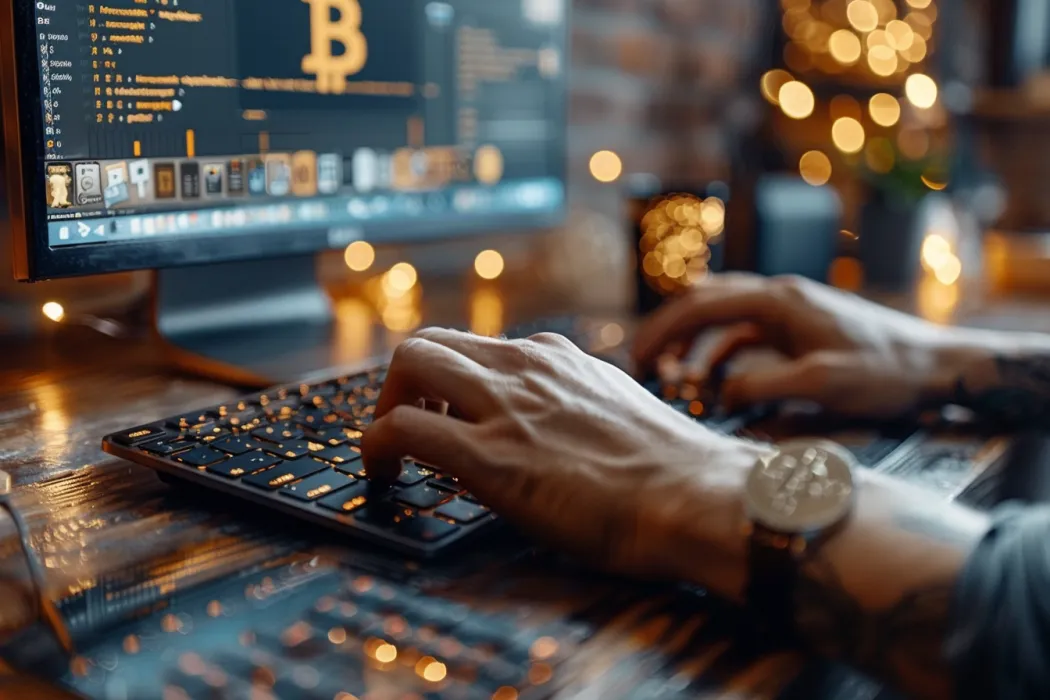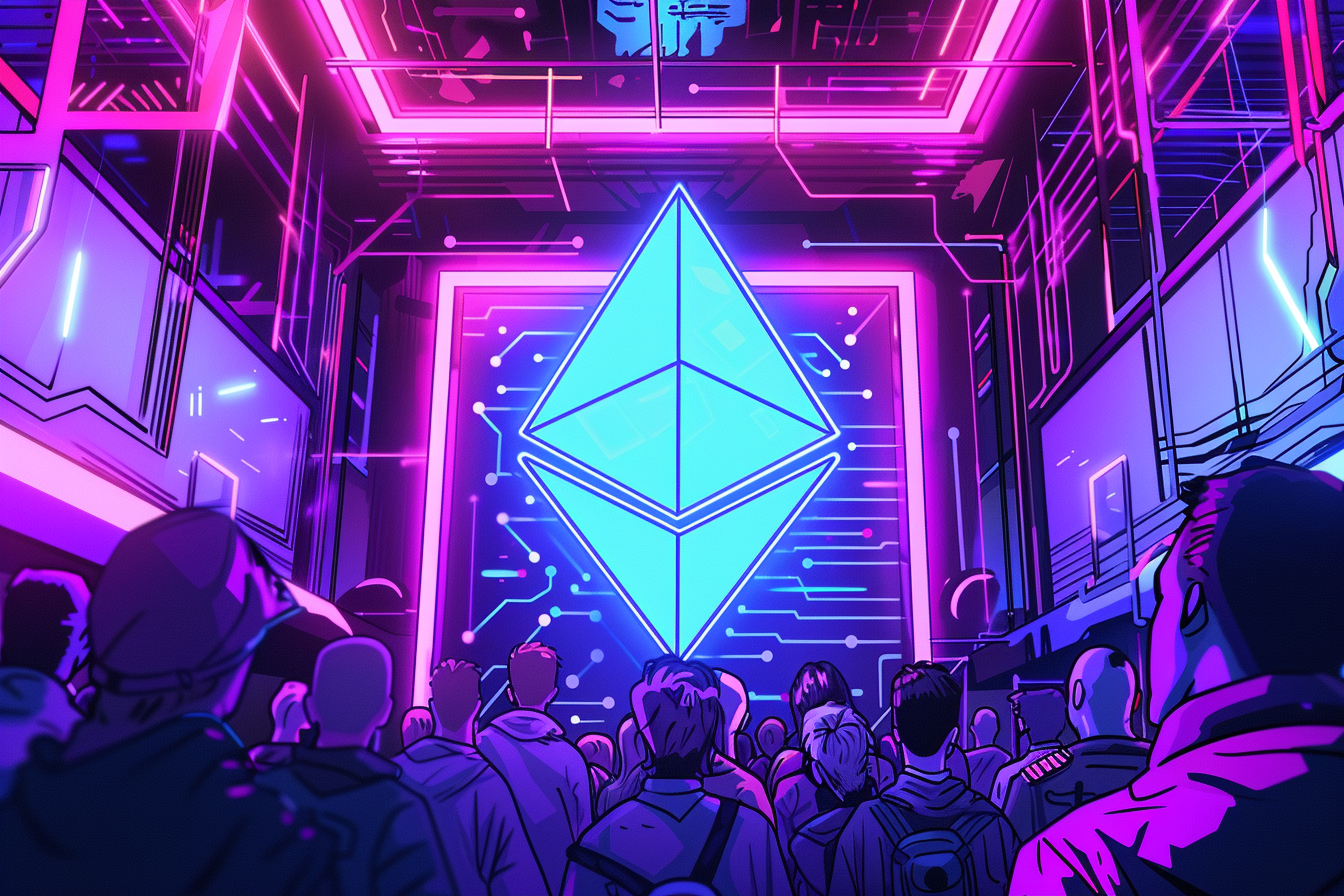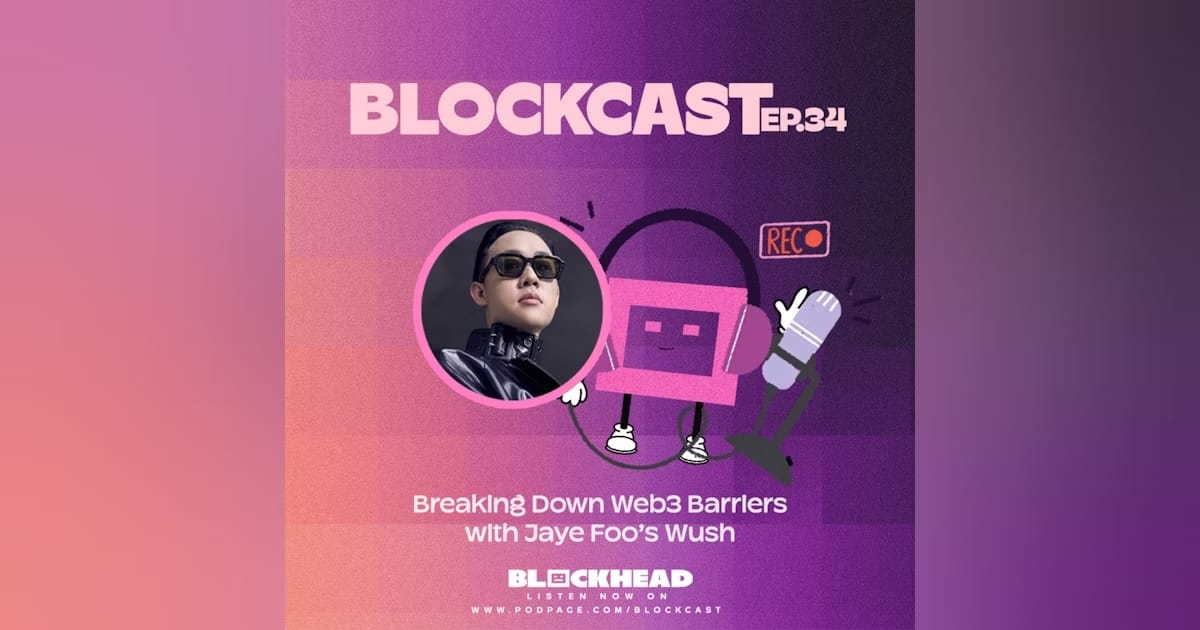Table of Contents
The hunt for Satoshi Nakamoto has taken a dramatic turn with the release of email exchanges between Satoshi and early Bitcoin figures Adam Back and Martti Malmi, and adding to the lore surrounding the enigmatic creator of Bitcoin.
These emails, submitted as evidence in the ongoing legal battle between the Crypto Open Patent Alliance (COPA) and Craig Wright, an Australian computer scientist who has been at the center of a major controversy surrounding the identity of Satoshi have ignited fresh debate and potentially hold "staggering clues" to the true identity of the Bitcoin mastermind.
Wright claims to be Satoshi himself, but his assertion remains highly contested and unsubstantiated. The ongoing legal case centers around this claim. COPA, a group of developers and researchers, has sued Wright in the UK High Court. They argue that he doesn't own the copyright to the Bitcoin whitepaper or database, and that his claims to be Satoshi are false. This case has been ongoing since 2021 and is still ongoing.
NEW: Adam Back's complete email history with Satoshi Nakamato was entered in the court records today
— Rizzo (@pete_rizzo_) February 22, 2024
Email #1: Adam and Satoshi discuss #Bitcoin 4 months before its official launch pic.twitter.com/HwxnWsbYwI
These 120 pages of email exchanges, spanning the early days of Bitcoin's development, offer fascinating insights into Satoshi's thought process and interactions with other crypto pioneers.
These emails are central to COPA's lawsuit against Wright, who seeks copyright ownership of the Bitcoin whitepaper and associated materials. COPA argues that Wright's claims stifle Bitcoin development and endanger developers. The authenticity of the emails and their implications for Wright's case are fiercely contested.
Here are the key points:
- Satoshi acknowledged Back's Hashcash: Satoshi expressed respect for Back's earlier work on digital cash, indicating it influenced Bitcoin's development.
- B-Money revelation: Back suggests Satoshi read about Wei Dai's B-Money proposal, revealing Satoshi's potential late discovery of this influential concept.
- Contradictions to Wright's claims: Back's testimony contradicts Wright's assertions about B-Money's influence and the algorithm used in Bitcoin, undermining Wright's claim to be Satoshi.
- Satoshi's English proficiency: Malmi highlighted Satoshi's flawless English, potentially contradicting Wright's profile and adding to the mystery.
There are also tons of interesting nuggets contained within the emails, including that Satoshi believed Bitcoin mining would be more energy efficient than the traditional banking system, that he was "uncomfortable" in labelling it an investment, and that he did not coin the term "cryptocurrency," contrary to what is commonly believed.
But while the emails offer valuable insights, they don't definitively identify Satoshi. The possibility of partial fabrication, group authorship, or alternative explanations remains. This ambiguity is fuelling the ongoing debate and have reignited the firestorm surrounding Satoshi's identity.
Ongoing Trial
Last week, the third week of the trial between COPA and Wright, lawyer Alexander Gunning, representing the bitcoin developers, unveiled evidence showcasing that Wright had made recent alterations to his whitepaper, a claim that Wright confessed to, and what COPA calls "industrial style forgeries," Coindesk reported. These edits, as presented by Gunning, were traced back to LaTeX files, with Wright contending they were merely for internal demonstration purposes.
There were testimonies from other key figures that shed light on the enigmatic Satoshi, including by Zooko Wilcox-O'Hearn, founder of Zcash, who downplayed his familiarity with Satoshi. With expert witnesses slated for interrogation in this week, the trial's trajectory promises further revelations and heightened scrutiny on Wright's claims, fueling anticipation for the trial's outcome.
The trial's outcome could have far-reaching consequences for Bitcoin's future, its development community, and the broader cryptocurrency ecosystem. Wright's history of filing intellectual property lawsuits based on his claim of being Bitcoin's inventor has created a chilling effect on the cryptocurrency, potentially driving developers away. The outcome of this trial could either validate Wright's claims, giving him control over Bitcoin's development, or dismiss them, potentially liberating the Bitcoin community from legal threats and fostering more open development.
COPA is seeking a court declaration that Wright is not Satoshi. This move is aimed at stopping Wright's alleged intimidation of Bitcoin developers and preventing him from impeding Bitcoin's development. The trial's outcome will directly affect COPA's ability to protect developers and the open-source nature of Bitcoin.
The trial's verdict will influence a series of related lawsuits where Wright seeks to assert intellectual property rights over Bitcoin. A victory for COPA would make it difficult for Wright to pursue these claims further, whereas a win for Wright could establish him as a gatekeeper of Bitcoin, with significant control over who can work on the codebase and under what terms.
And while definitive answers on Satoshi's identity remain elusive, they offer a captivating glimpse into the early days of Bitcoin and its enigmatic creator. The legal battle and ongoing debate will likely continue, leaving the true identity of Satoshi shrouded in mystery for the foreseeable future.
Elsewhere











